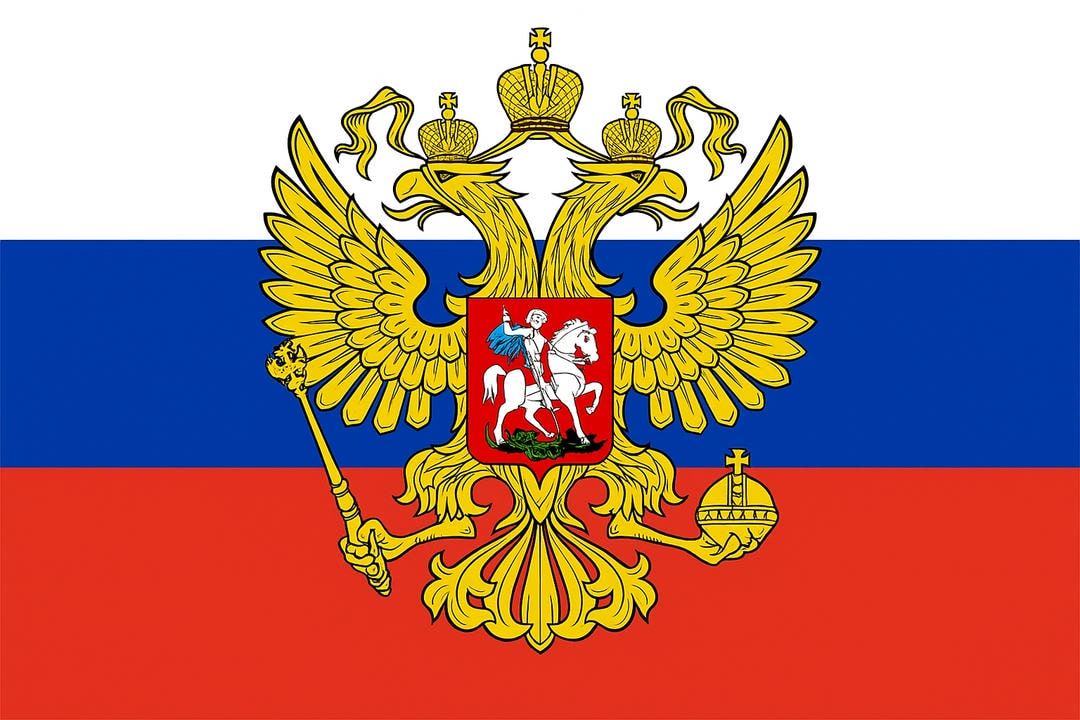In Russian, the words for “whose” are чей (for masculine singular), чьё (for neuter singular), чья (for feminine singular), and чьи (for plural of any gender).
Let’s go into more detail, again in Russian, “whose” translates to чей, чьё, чья, and чьи, differing based on the gender and number of the noun they refer to. Unlike English, where “whose” is invariant and used for all genders and numbers, Russian requires these pronouns to agree in gender (masculine, feminine, neuter) and number (singular, plural). Чей is for masculine singular, чьё for neuter singular, чья for feminine singular, and чьи for any plural. This reflects a broader pattern in Russian where adjectives and pronouns must match the noun’s grammatical properties, a complexity not present in English usage of “whose”.
Learn to pronounce чей, чьё, чья, чьи
| чей | masculine singular (he): Чей карандаш это? (Whose pencil is this?) | |
| чьё | neuter singular (it): Чьё это письмо? (Whose letter is this?) | |
| чья | feminine singular (she): Чья сумка это? (Whose bag is this?) | |
| чьи | plural (they): Чьи это ключи? (Whose keys are these?) |
Note: Чьи can also be used for the formal “you” (plural): Чьи это документы? (Whose documents are these?)

Here’s a detailed breakdown of when, why, and how to use the Russian interrogative pronouns for “whose” – чей, чьё, чья, and чьи:
-
When: Used when the noun in question is masculine singular in the nominative case.
-
Why: It agrees with masculine singular nouns. The -й ending is a common feature of masculine adjectives in Russian.
-
How:
-
Example: “Чей это кот?” (Whose cat is this?)
-
Here, “кот” (cat) is masculine singular, so “чей” is appropriate.
-
-
When: Used with neuter singular nouns in the nominative case.
-
Why: Matches with neuter gender singular nouns, where the neuter form often ends in -о or -е.
-
How:
-
Example: “Чьё это окно?” (Whose window is this?)
-
“Окно” (window) is neuter, hence “чьё”.
-
-
When: Applied to feminine singular nouns in the nominative case.
-
Why: It corresponds to the feminine gender, where adjectives typically end in -ая or -я.
-
How:
-
Example: “Чья это книга?” (Whose book is this?)
-
“Книга” (book) is feminine, thus “чья” is used.
-
-
When: Employed for plural nouns in any gender in the nominative case.
-
Why: It’s the plural form for “whose”, applicable across all genders when referring to multiple items or groups.
-
How:
-
Example: “Чьи это книги?” (Whose books are these?)
-
Here, “книги” (books) is plural, so “чьи” fits regardless of the gender of the noun in its singular form.
-
-
Agreement: These pronouns must agree in gender and number with the noun they refer to, but only in the nominative case. In other cases, they might change slightly (like чей -> чьего in genitive), but for basic “whose” questions, focus on nominative forms.
-
Position: Typically, these pronouns come before the noun they modify in questions, but they can be split by other words for emphasis or structure, e.g., “Чья это машина?” or “Это машина чья?”
-
Context: The choice between these forms often depends on the context provided by the rest of the sentence or the item being discussed.




